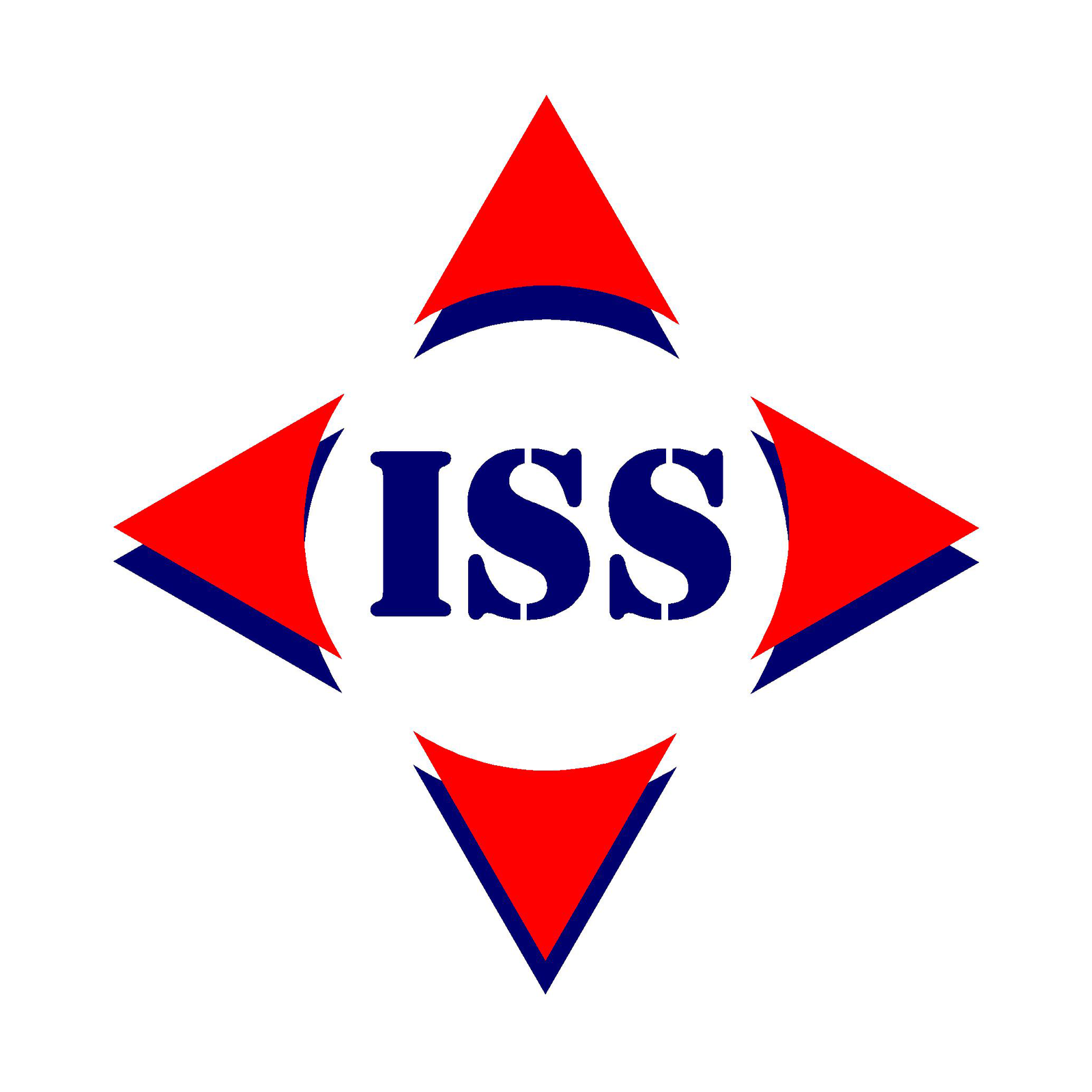
The waybill is one of the most important documents in shipping. It is often considered a ‘passport for shipments’ as it contains information about a shipment’s origin, destination, contents, and route. In addition, goods cannot be exported without a correctly filled and accurate waybill.
Because of this, it is extremely important that businesses get their waybills right. Fortunately, ISS is here to help with our guide to the waybill.
What is a Waybill?
Similar to a bill of lading, a waybill is a document issued by a carrier containing information regarding the shipment of a consignment of goods. It will typically contain information such as the names and addresses of the consignor and consignee, and the origin, destination and route of the shipment. The waybill does not, however, serve as a legal documentation of ownership.
Why are Waybills Important?
The waybill is very important in shipping as it prevents document loss and forged bills of lading. The waybill can also help simplify operation procedures and prevent delays and complications from arising throughout the shipping process.
The Different Types of Waybills
The two most common types of waybills are air waybills (AWB) and sea waybills (SWB).
Air Waybills
The air waybill serves as a contract of carriage between the shipper and the carrier through air. As such, it acts as a receipt of goods by airline carriers. AWBs define the conditions of the carriage, such as liabilities and procedures for claims. The format of the air waybill is fixed throughout the air freight industry, where information such as a description of goods as well as the charges can be found.
Sea Waybills
The sea waybill is similar to the air waybill in that it serves as a receipt given by the shipping line as well as a contract of carriage between the shipper and carrier by sea.
Both the air waybill and sea waybill are non-negotiable documents.
How do you Prepare a Waybill?
When preparing a waybill you need to include information such as:
- The consignor’s name, address, and contact information
- The consignee’s name, address, and contact information
- Cargo information (such as value, origin, destination, dimensions, and weight)
- Payment of charges
- Consignor’s and consignee’s signatures.
Providing incorrect or inaccurate information on your waybill can be hugely problematic and can result in significant delays in shipping. Because of this, we always recommend that businesses call ISS.
With an abundance of experience in international shipping, we will ensure that all your shipping documentation is correct and all your shipping procedures are carried out seamlessly and efficiently.
For more information, contact ISS today!




